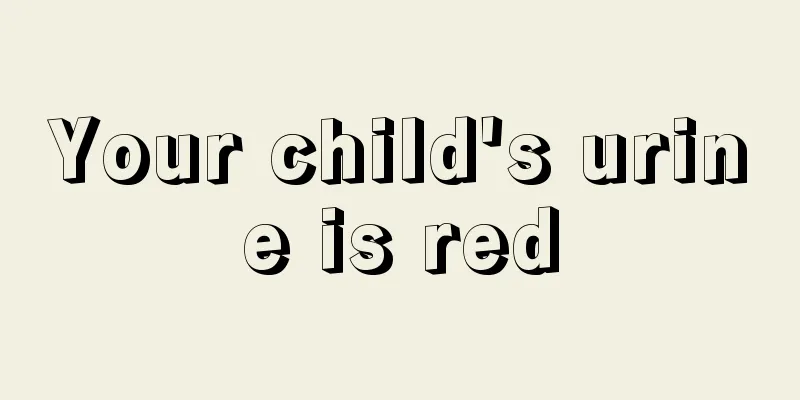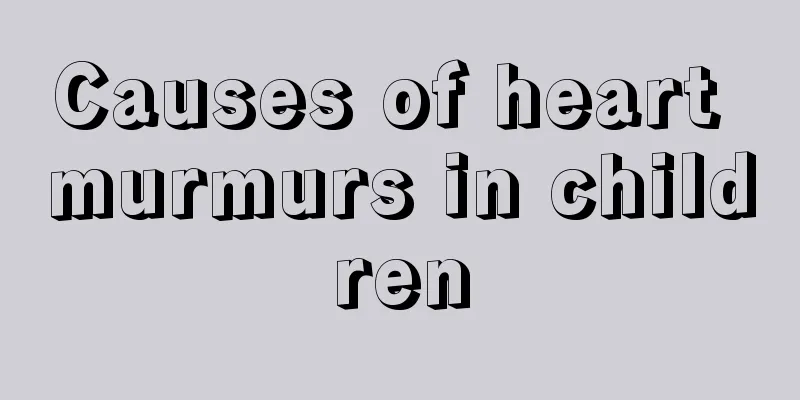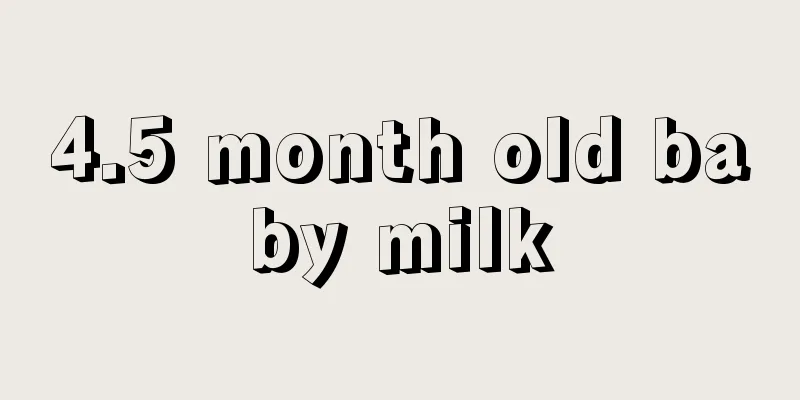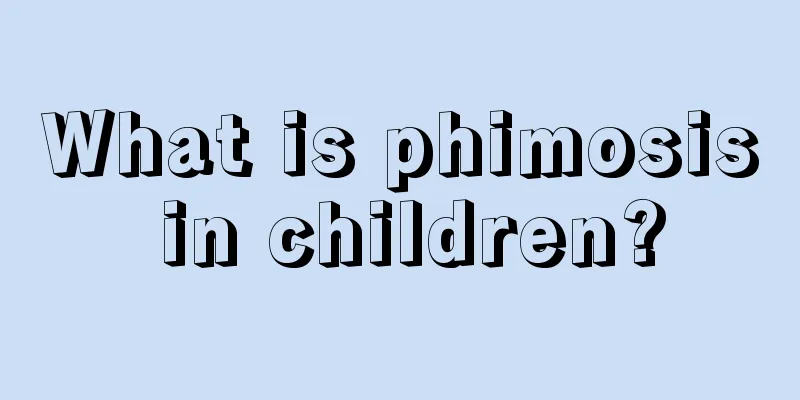What to do if your child is allergic to milk
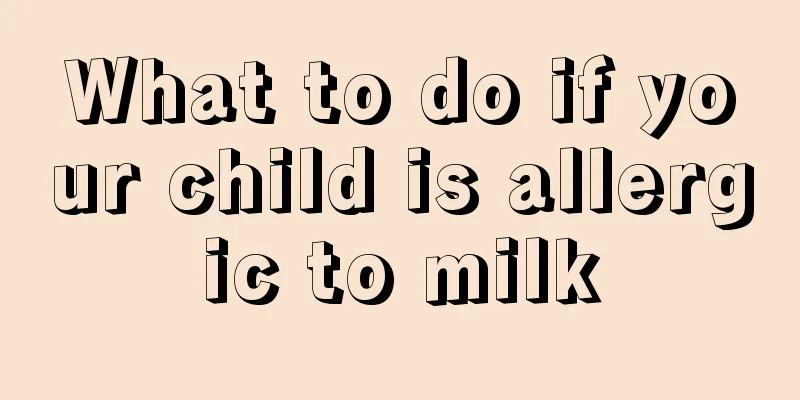
|
Milk is a common drink and is very popular among everyone. However, some children will experience various discomfort symptoms after drinking milk. This is a symptom of a milk allergy. Milk allergy can occur in babies of all ages, especially infants, because they usually eat milk. If your baby has this symptom, your family will be very worried and don’t know what to do. Here are some tips: To determine whether a child is allergic to milk or other foods, parents can make a preliminary judgment using the following simple methods. Choose test food based on the child's feeding history before allergy. Start by feeding the child a small amount of the selected food without giving the child anti-allergic drugs. Double the amount of food fed every 30-60 minutes and observe the child's reaction, especially the reaction in the first 2 hours, because the first 2 hours is the peak time for allergic reactions. This way you can identify possible allergic foods. Once your baby is determined to be allergic to milk, the best way to deal with it is: 1. Limit your diet and try to avoid milk protein products or foods with added milk formula. 2. Choose deep hydrolyzed protein formula milk or free amino acid formula milk instead of ordinary milk powder. This is the best dietary treatment for infant food allergies recommended by international pediatric experts. 3. Sometimes you can try some milk powder made from non-cow's milk protein, such as soy milk powder, allergic milk powder, elemental milk powder, etc. These are also called diarrhea milk powder and can be tried by babies who are allergic to milk or have long-term diarrhea. The main difference is that they use plant protein or decomposed protein to replace the protein in milk; glucose to replace lactose; short-chain and medium-chain fatty acids to replace the long-chain fatty acids in general milk powder. 4. Children who show allergic symptoms should be treated with appropriate pediatric antihistamines. 5. If the condition is serious or the above treatment is still ineffective, you should go to the hospital for treatment in time. Symptoms of milk allergy in babies generally manifest as intestinal abnormalities, such as abdominal pain, vomiting, refusal to drink milk, blood in stool, etc. It may also cause constipation in your baby. The skin may also develop urticaria, eczema, etc., and the breathing may become more rapid, with wheezing symptoms, frequent coughing, etc. At this time, you must seek medical attention immediately. |
<<: What to do if you are allergic to egg white or yolk
>>: What should babies who are allergic to milk eat?
Recommend
Is it okay for the baby to roll over early?
It can be said that a newborn baby can do nothing...
Scalp acupuncture techniques in children
When our children go to the hospital for an IV, t...
Causes of abscesses in newborns
There are many common problems for newborns. In s...
My baby has a lot of phlegm and coughs. What are the methods to expel the phlegm?
Infants and young children usually have poor immu...
What are the symptoms of congenital heart disease in children?
Congenital heart disease, doctors often refer to ...
Precautions for treating high fever convulsions in children
If suddenly one day, your child's face twitch...
18 month old baby milk
Parents want their babies to have a good body. In...
Kidney stones treatment in children
Although the main patients with kidney stones are...
Reasons for shortness of breath in 1-year-old baby
The breathing rates of adults and children are ac...
How to correct crossed eyes in children
Cross-eyed is also called cross-eyed, and is medi...
What to do if your baby has a cold and has thick yellow nasal discharge
In real life, babies have poor resistance to viru...
Is hand tremor in teenagers due to calcium deficiency?
Hand tremors in adolescents are not necessarily c...
What causes knee pain in children?
As we all know, children are prone to symptoms su...
What are the baby's five-month development indicators?
Now, the physiological signs of newborn babies wi...
Why is my two-month-old baby breathing fast?
If a two-month-old baby has difficulty breathing ...


